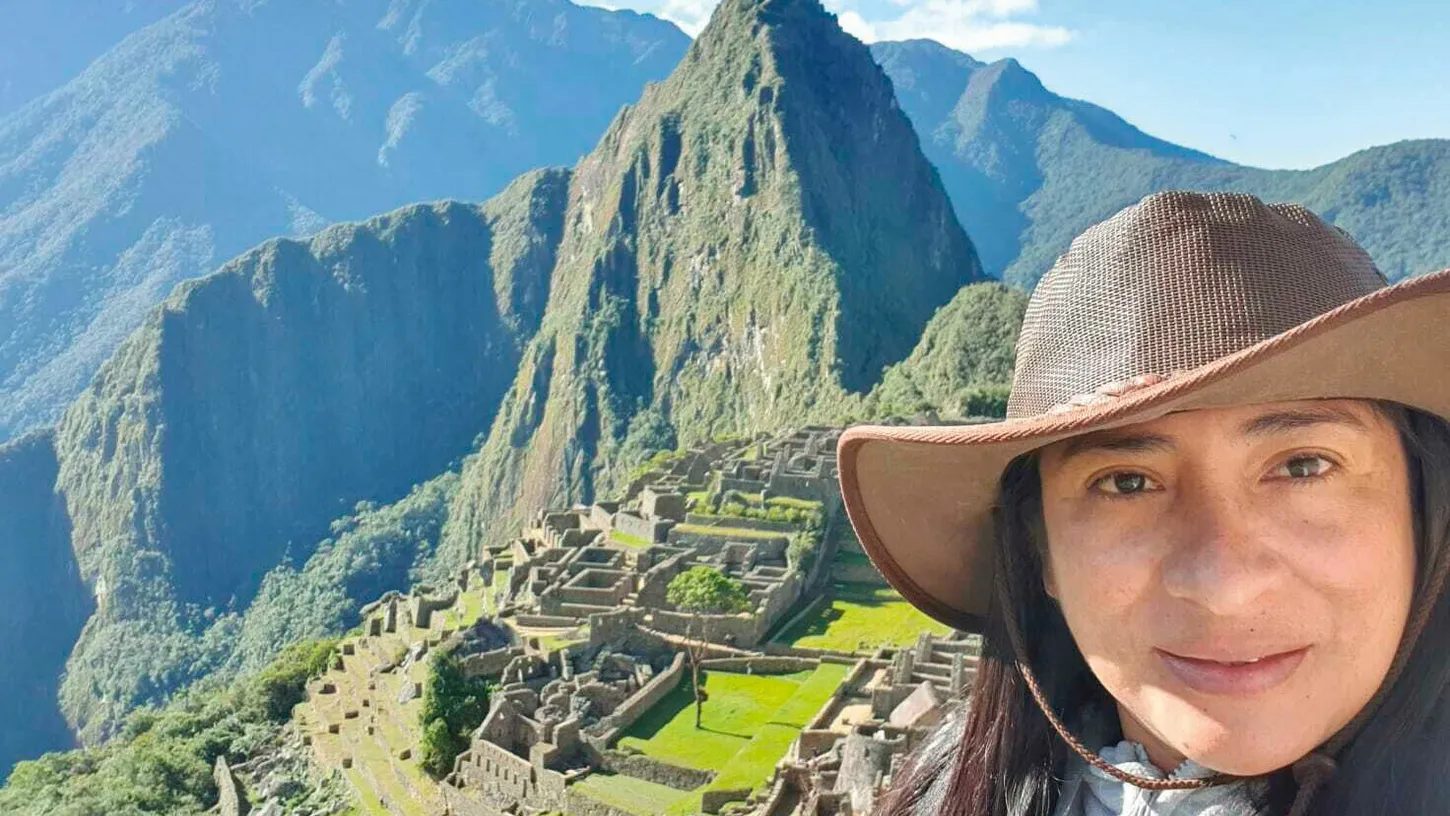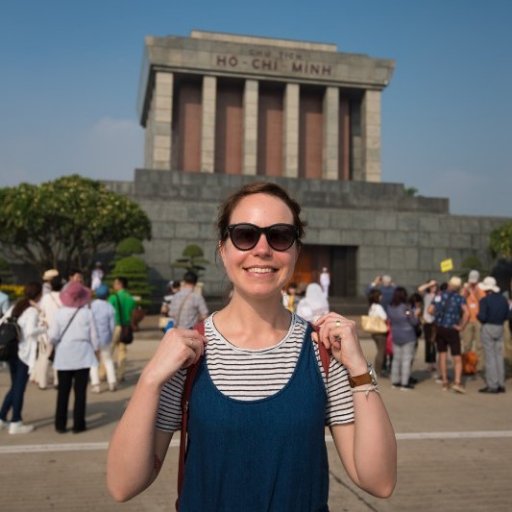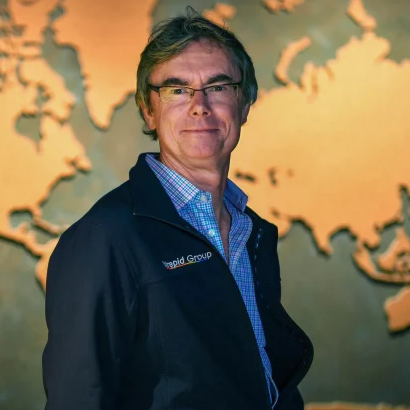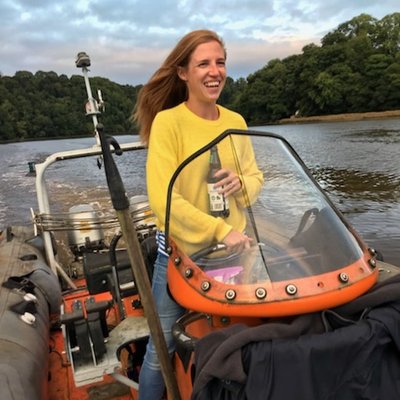
Along with getting trekkers safely and securely around Peru’s many mountains, Intrepid’s Maritza Chacacanta is also one of the country’s loudest voices in sustainability. We sat down to find out how she’s cleaning up Peru’s hiking trails.


Along with getting trekkers safely and securely around Peru’s many mountains, Intrepid’s Maritza Chacacanta is also one of the country’s loudest voices in sustainability. We sat down to find out how she’s cleaning up Peru’s hiking trails.
If you’ve ever been trekking in Peru, you’ll be familiar with at least two things. One: hiking those trails is hard work, but your leader and team of porters make it infinitely easier. Two: along with some pretty impressive vistas, there’s a heck of a lot of rubbish on the trail. Like, literal bags full.
Maritza Chacacanta has a lot to do with both. As the deputy manager of Intrepid’s trekking department in Peru, Maritza is responsible for overseeing every trek in the country. She supervises staff – over 250 male and 15 female porters, 25 cooks and assistant cooks and around 150 wranglers, who use horses to carry equipment. She organises the logistical side of Intrepid’s small group treks, like arranging permits and entrance fees, buying camping equipment for porters and talking with suppliers to sort out ingredients for meals.
You could say she’s a woman with a lot on her plate.

But in addition to *waves hands around* all this, Maritza also spends her time educating her ever-growing team about the importance of the environment. Not littering. Picking up rubbish when you see it. Recycling.
“We talk a lot with our staff about how important it is to take care of the environment,” Maritza says from her office in Cusco. “For us, the environment is Pachamama. It’s part of the Inca’s religion; an ideology that we respect our Mother Earth.”
“If Peru is going to become more sustainable as a country, we need to involve the communities, and we need to educate people when they are children.”
Maritza has been trekking in Peru for 15 years. She’s walked the Inca Trail 500 times, and has explored the Lares, Quarry and Choquequiaro trails countless others. Seeing how much litter is spread across all these tracks spurred her to take action. “I feel guilty, and I feel upset,” she says. “So picking up rubbish is something I can do for our planet, for Pachamama.”
Under Maritza’s guidance, Intrepid was the first tour company to start really taking care of the environment on Peru’s Inca Trail. Each porter was responsible for picking up any rubbish they saw along the trail and to sort and recycle it when they returned to Cusco.
“It wasn’t easy, because porters from other companies started laughing at us,” Maritza recalls. “They’d say, ‘This is the company in charge of collecting our garbage!’ and they’d laugh and throw their rubbish on the ground. It was extremely insulting.”
Maritza worked hard to train the porters, teaching them about the importance of preserving the trail. She did such a great job, she got a letter from the government congratulating her on her work; in fact, it’s now law in Peru that no single-use plastics are allowed on the trail, and her team of porters, cooks and wranglers are now collecting rubbish on trails across the country.
It’s a huge achievement, but one that requires ongoing work. At the beginning of each trek, Intrepid’s leaders and guides explain to travellers that, along with carrying camping equipment, food and supplies, the porters will also be collecting any rubbish along the trail. They also keep rubbish that’s produced by the group, including organic matter and even cooking oil. “Often, our travellers start collecting the garbage as well!” says Maritza. “It’s so nice that they are also respecting our Pachamama.”
Along with educating her team, Maritza has also been working with local communities, explaining the importance of recycling. “We don’t really have this sort of education in schools, particularly in smaller communities,” she says. “If Peru is going to become more sustainable as a country, we need to involve the communities, and we need to educate people when they are children. They need to know how easy it is, and that it should be part of their daily life.”
This article was originally published on The Journal by Intrepid.
***
Adventure.com strives to be a low-emissions publication, and we are working to reduce our carbon emissions where possible. Emissions generated by the movements of our staff and contributors are carbon offset through our parent company, Intrepid. You can visit our sustainability page and read our Contributor Impact Guidelines for more information. While we take our commitment to people and planet seriously, we acknowledge that we still have plenty of work to do, and we welcome all feedback and suggestions from our readers. You can contact us any time at hello@adventure.com. Please allow up to one week for a response.

When she's not riding a camel into the desert, robot dancing in a Venezuelan bar or kayaking through dugong-filled waters in the Philippines, Emily is usually found writing about travel, reading about travel, and planning her next traveling escapade.






Can't find what you're looking for? Try using these tags: